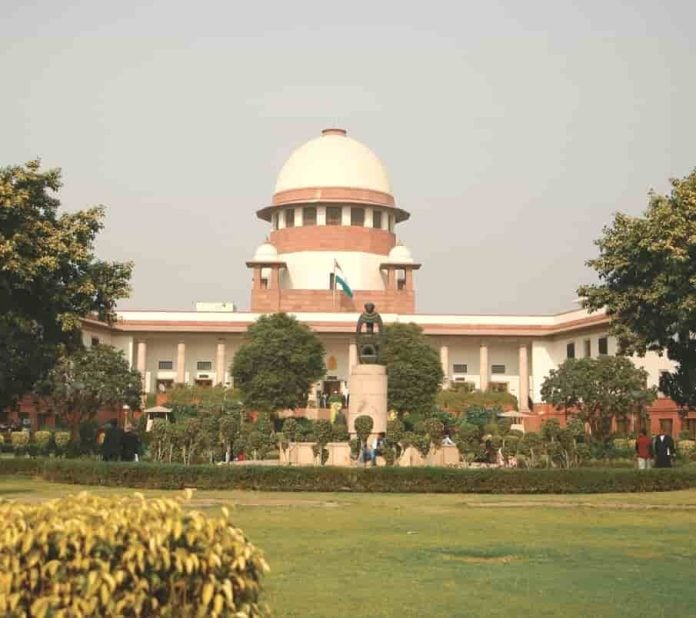The Supreme Court on Friday refused to direct investigating agencies such as the Central Bureau of Investigation and the Enforcement Directorate, apart from police, to upload the chargesheets on their websites, stating that chargesheets were not public documents, unlike FIRs.
Dismissing the PIL filed by RTI activist and investigative journalist Saurav Das, the Bench of Justice M.R. Shah and Justice C.T. Ravikumar held that the directions passed in the Youth Bar Association case cannot be extended to chargesheets.
In the Youth Bar Association case, the Apex Court had directed the police to upload the FIRs in website within 24 hours, except in sensitive cases such as rape and sexual offences.
The bench today noted that the FIRs were directed to be publicly uploaded so that the innocent accused were not harassed, were able to get relief from the competent court and not taken by surprise.
It further termed as ‘misplaced,’ the reliance placed by Senior Advocate Prashant Bhushan, appearing for the petitioner, on the directions in the Youth Bar Association case.
The top court of the country said that the directions cannot be stretched to the public at large so far as the chargesheets were concerned as the direction sought to put all chargesheets in the public domain was contrary to the scheme of CrPC.
It further said that the directions sought in the PIL, if issued, might violate the rights of the accused as well as the victim and/or even the investigation agency.
The Apex Court ruled that putting the FIR on the website cannot be equated with putting the chargesheets in public domain.
Bhushan had argued that a chargesheet, not unlike an FIR, was a public document, since the filing of a chargesheet was an act of a public official in discharge of their official duties and as such, came under the definitional ambit of public document given in Section 74 of the Evidence Act, 1872.
A chargesheet filed by a police department, or an investigative agency would be subject to the discipline of Section 76 of the Act that mandated public disclosure of any public document by a public officer having custody of such document to a person having a right to inspect.
The Bench rejected these arguments as misconceived, stating that documents mentioned in Section 74 of the Evidence Act only could be said to be public documents, certified copies of which were to be given by the concerned public authority having the custody of such a public document.
It further said the copy of chargesheets along with necessary public documents could not be said to be public documents under Section 74 of the Evidence Act.


